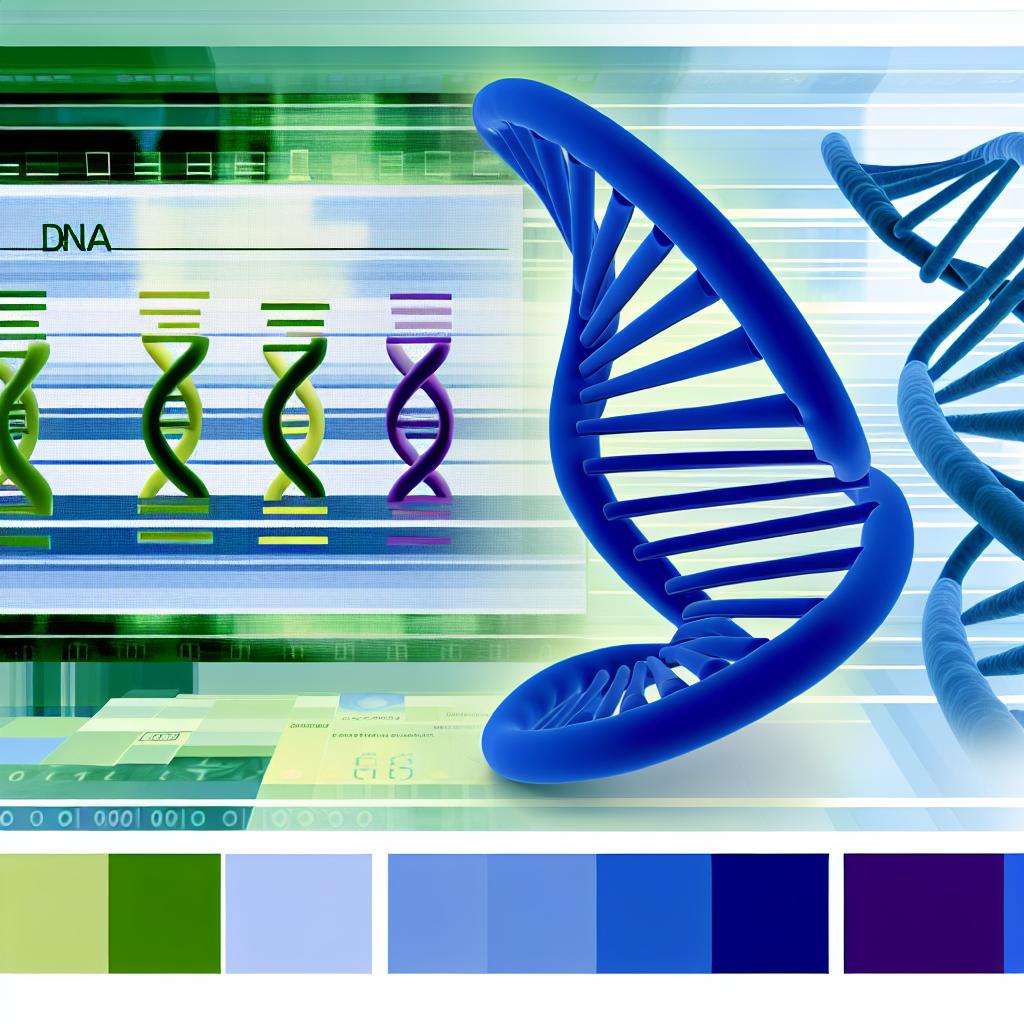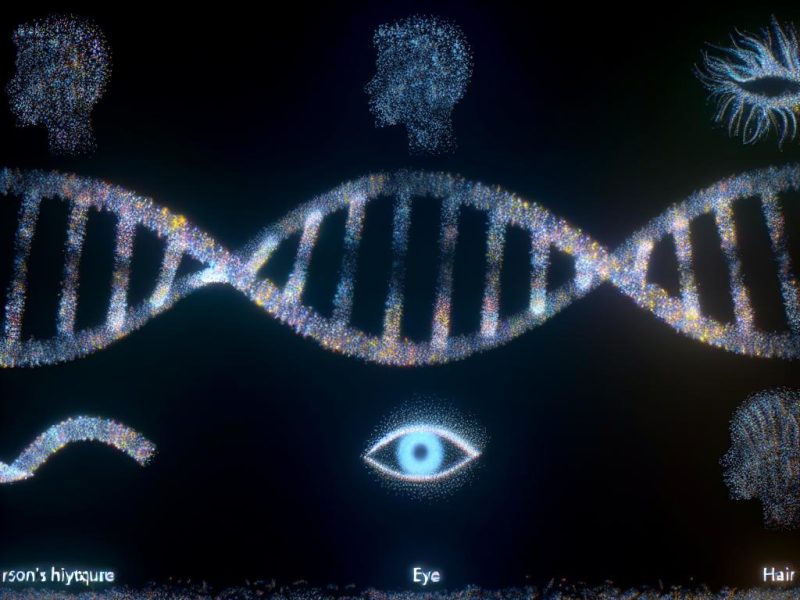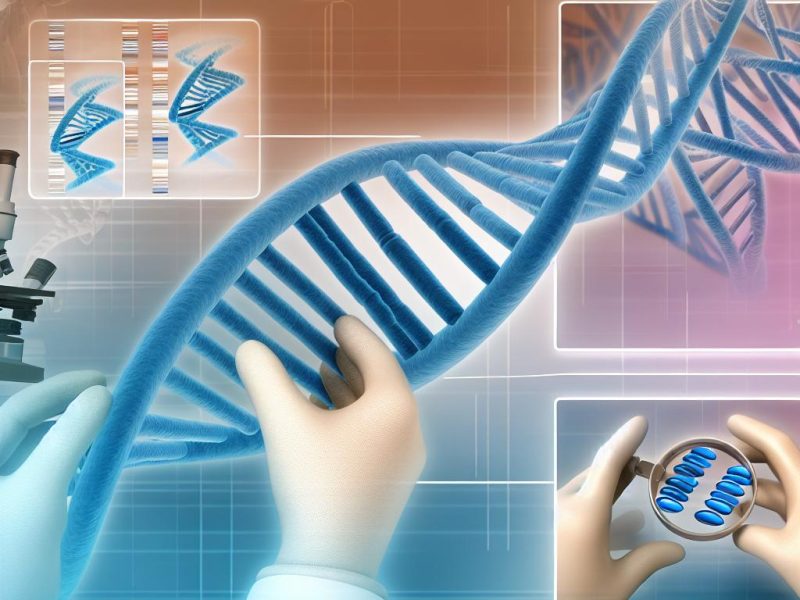The Significance of DNA Sequencing in Modern Science
DNA sequencing has been a fundamental breakthrough in scientific research and medicine, reshaping our comprehension of the blueprint of life. Through the determination of the exact order of nucleotides within a DNA molecule, sequencing allows scientists to decode genetic information that can impact a wide range of biological processes, hereditary traits, and susceptibility to diseases.
Advancements in Personalized Medicine
Personalized medicine has significantly advanced due to the insights provided by DNA sequencing. By examining the unique genetic constitution of individuals, healthcare professionals can tailor medical treatments and preventive strategies to align with specific genetic profiles. This individualized approach in medicine enhances diagnosis accuracy, boosts treatment effectiveness, and minimizes the risk of adverse drug reactions, showing a promising shift in healthcare outcomes.
With DNA sequencing technologies, it is now possible to identify genetic markers associated with certain diseases. This can enable early detection and facilitate the design of targeted therapies that cater to the genetic needs of individual patients. Not only does this foster a better patient experience and outcome, but it also informs more efficient healthcare practices by reducing trial-and-error in treatment selection. For more in-depth information on this subject, consider referring to relevant resources on personalized medicine.
Understanding Human Evolution
The field of evolutionary biology has been revolutionized by the application of DNA sequencing. By comparing the genetic sequences across different species, researchers can make significant inferences about evolutionary relationships and trace the lineage of various organisms, humans included. This deeper insight into our evolutionary history informs studies on genetic diversification, adaptation, and the migration patterns of early human ancestors.
These evolutionary insights have profound implications for our understanding of the genetic basis of human traits and diseases. As scientists continue to unearth genetic differences among populations and species through sequencing, they are further uncovering the intricacies of natural selection and evolutionary changes, enriching our knowledge of biological diversity and complexity.
Applications in Agricultural Biotechnology
Within the sphere of agricultural biotechnology, DNA sequencing is an invaluable tool for enhancing crop yields and resistance. By identifying genes that correspond with desirable traits such as drought resistance or improved nutritional content, scientists can engineer genetically modified organisms (GMOs) that enhance food security and promote sustainable agricultural practices.
This genomic approach in agriculture manages to reduce dependencies on chemical inputs and mitigate the impacts of environmental stressors on crop production. Moreover, by fostering the development of crops that can withstand changing climate conditions, DNA sequencing helps safeguard biodiversity and ensures a more resilient agricultural system. Those interested in delving further into agricultural biotechnology applications may wish to explore additional specialized resources.
Role in Forensic Science
The field of forensic science has witnessed profound transformation due to DNA sequencing technology. The ability to analyze minute traces of DNA collected at crime scenes empowers forensic experts to identify individuals with heightened accuracy. Such precise identification methods have not only aided in solving numerous criminal cases but have also played a key role in exonerating the wrongfully accused, thereby enhancing the credibility and efficiency of the justice system.
Furthermore, DNA sequencing in forensic contexts extends beyond human identification. It can allow for the verification of animal species involved in illegal wildlife trade, the detection of GMOs in food items, and the authentication of complex forensic evidence, underscoring its multifaceted applications within this field.
Potential Future Prospects
The potential applications of DNA sequencing are diverse and continually broaden the horizons of scientific inquiry. As sequencing technology advances and becomes more cost-effective, its accessibility across various sectors expands. Among the promising future prospects are the enhancement of our understanding of complex diseases, the advancement of regenerative medicine, and the exploration of the genetic underpinnings of behavior.
As the cost continues to decline, more researchers and institutions can leverage DNA sequencing to delve into genetic research, thereby accelerating scientific discovery. The implications of this technology extend to fields such as environmental science, where it could contribute to efforts in conservation genetics, and industry, where it might impact biotechnology and pharmaceutical development. This projection of DNA sequencing’s future underscores its potential to initiate paradigm shifts across multiple disciplines.
Conclusion
DNA sequencing serves as a pivotal component of modern biological research, wielding substantial influence in medicine, anthropology, agriculture, and forensic science. As sequencing technologies advance, their contributions to scientific knowledge and their practical applications are expected to expand, opening novel avenues for discovery and innovation.
The intricate understanding of life’s genetic blueprint that DNA sequencing provides continues to influence and reshape scientific domains, reinforcing its status as a cornerstone of contemporary research. Scientists and practitioners across various fields will persistently explore its potential, further illuminating the complexities of genetic science and the promise it holds for future technological and therapeutic advances.



